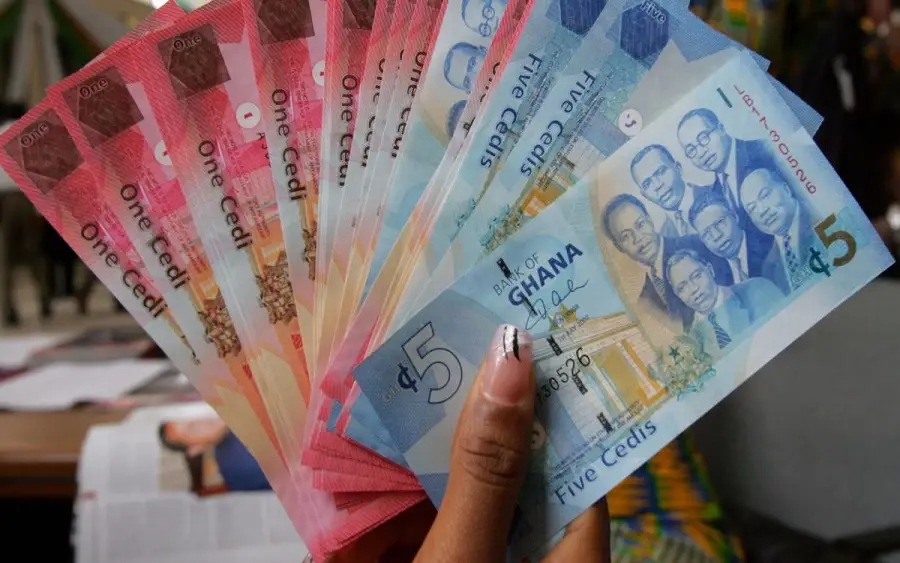
The Bank of Ghana (BoG) has reaffirmed its commitment to protecting the value of the cedi and building public confidence in the national currency.
Speaking at the launch of the Cedi@60 celebrations in Accra, BoG Governor Dr Johnson Asiama said the central bank is focused on key reforms to ensure monetary stability. These include tighter regulation of financial institutions, improvements in the inflation-targeting system, and the integration of digital tools in the payment system.
He credited both current and former BoG staff for their professionalism, which he said has helped the bank maintain stability over the years. Dr Asiama also highlighted some of the challenges that lie ahead, such as digital finance, the African Continental Free Trade Area (AfCFTA), climate change, and global economic shifts.
We must take pride in the cedi and commit to its protection,” he said. “Our goal should be to leave behind not just a stable currency, but a stronger and more respected economy.”
As part of efforts to support the cedi, the BoG recently released $20 million to ten Bulk Oil Distribution Companies through a foreign exchange forward auction. The funds, released on June 26, are expected to ease pressure on the local currency and improve fuel supplies. The auction was priced at GH¢10.40 per US dollar, with bids ranging between GH¢10.00 and GH¢10.35.
This is part of a $120 million initiative the central bank launched in April to supply foreign exchange to the oil sector every two weeks. The next round of support, worth another $20 million, is expected in early July.
The cedi is currently trading between GH¢10.35 and GH¢10.41 per dollar, according to interbank data. The currency has remained relatively stable in recent weeks, after recovering from a steep fall earlier this year when it traded above GH¢15 to the dollar. The BoG’s interventions, along with rising gold export earnings, have been credited for the recovery. Inflation has also eased slightly, dropping from 22.4 per cent in March to 21.2 per cent in April.
However, the International Monetary Fund has advised the BoG to limit direct interventions in the forex market and allow more flexibility in the exchange rate. Still, Ghanaian officials emphasise that continued support for key sectors is necessary to maintain economic stability.
Read More: IMF Pushes Ghana to Withdraw Forex Support, Overlooking the Real Impact on Citizens
CSS States May Boycott UEMOA Over Alleged Obstruction of Power Rotation by President Ouattara
About The Author
Related Articles
AES Condemns Niamey Airport Attack, Warns of Coordinated Destabilisation
The Alliance of Sahel States has strongly condemned the armed attack on...
ByWest Africa WeeklyFebruary 2, 2026Mali Cedes Strategic Land to Guinea to Deepen Trade Cooperation
Mali has approved the transfer of a strategic parcel of land to...
ByWest Africa WeeklyFebruary 2, 2026Senegal to Appeal CAF Sanctions After AFCON Final Controversy
Senegal has announced plans to formally appeal the sanctions imposed by the...
ByWest Africa WeeklyFebruary 2, 2026Burkina Faso Takes Legal Step Toward Nuclear Energy Development
Burkina Faso has voted to join the Vienna Convention on Civil Liability...
ByWest Africa WeeklyFebruary 2, 2026













Leave a comment